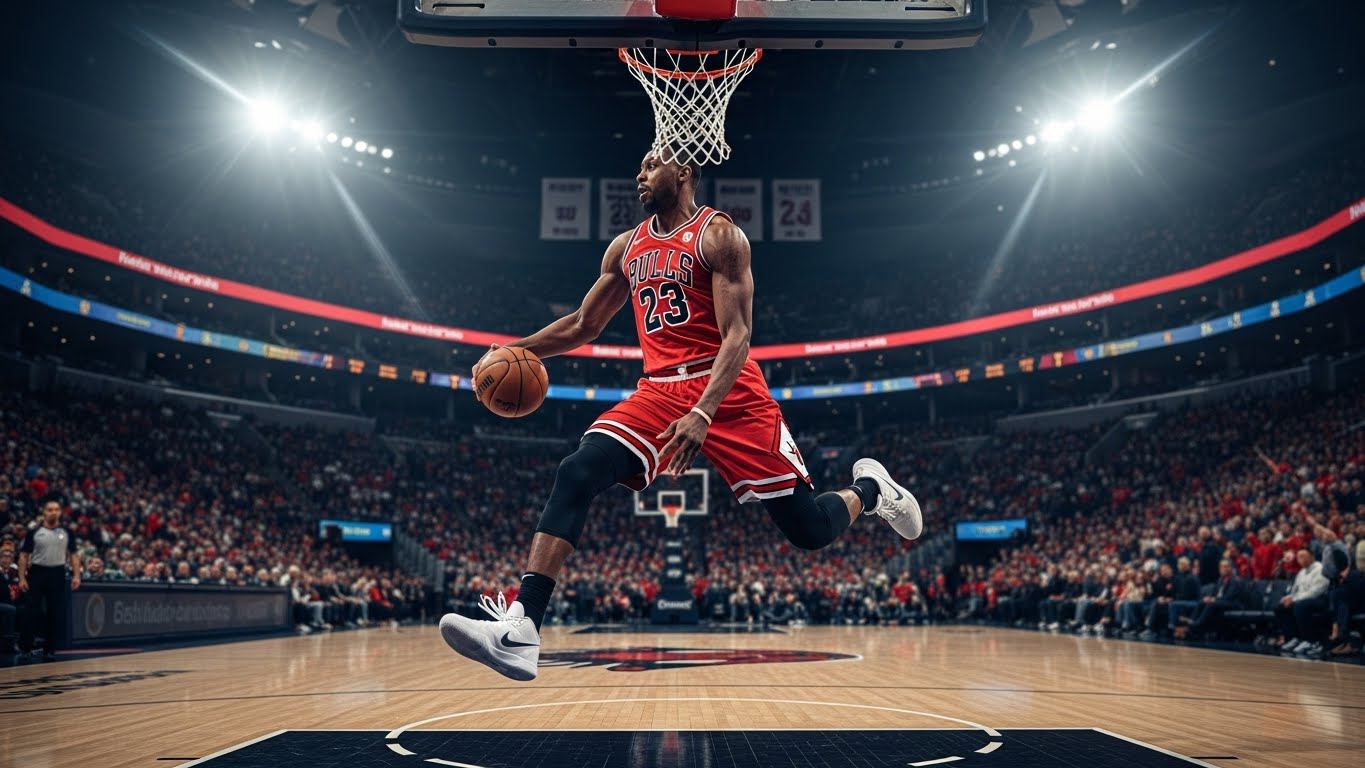The Olympic Games have long been a stage for human achievement, courage, and unity. Since their modern revival in 1896, athletes from around the globe have competed not just for medals but for history, glory, and the sheer pursuit of excellence. Some moments transcend sport itself, capturing the imagination of millions and defining the very spirit of the Olympics. In this blog post, we explore the top 10 greatest Olympic moments in history, celebrating triumphs, unforgettable performances, and stories of perseverance.
1. Jesse Owens at the 1936 Berlin Olympics
Jesse Owens’ performance at the 1936 Berlin Olympics stands as one of the most iconic moments in Olympic history. Amidst a politically charged environment orchestrated by Nazi Germany, Owens, an African American athlete, won four gold medals in track and field events: the 100 meters, 200 meters, long jump, and 4×100 meter relay. His victories defied Adolf Hitler’s propaganda of Aryan supremacy and sent a powerful message of resilience, talent, and equality. Owens’ achievements continue to inspire athletes worldwide, highlighting how sport can transcend politics and prejudice.
2. The Miracle on Ice – 1980 Winter Olympics
The 1980 Winter Olympics in Lake Placid, New York, featured one of the most dramatic moments in Olympic history: the “Miracle on Ice.” The U.S. men’s ice hockey team, composed largely of amateur and collegiate players, faced off against the heavily favored Soviet Union team, which had dominated international hockey for decades. Against all odds, the United States defeated the Soviets 4-3, with a stunning performance that captivated the nation and symbolized hope and determination. This victory remains a testament to teamwork, grit, and the power of believing in the impossible.
3. Nadia Comaneci’s Perfect 10 – 1976 Montreal Olympics
At just 14 years old, Romanian gymnast Nadia Comaneci made history at the 1976 Montreal Olympics by scoring the first perfect 10 in Olympic gymnastics. Her flawless performance on the uneven bars stunned judges, spectators, and the world, forever changing the landscape of gymnastics. Comaneci went on to win three gold medals and one silver, and her achievements redefined the standards of excellence in her sport. The image of her youthful triumph continues to inspire generations of gymnasts and Olympic fans alike.
4. Muhammad Ali Lights the Olympic Flame – 1996 Atlanta Olympics
The 1996 Atlanta Olympics provided one of the most symbolic moments in Olympic history when legendary boxer Muhammad Ali, despite battling Parkinson’s disease, lit the Olympic cauldron during the opening ceremony. The sight of Ali, a global icon of courage and perseverance, igniting the flame became an indelible symbol of human determination and the enduring spirit of the Olympics. This moment celebrated not only his athletic achievements but also his role as a humanitarian and a fighter for justice.
5. Usain Bolt’s Dominance – 2008 Beijing Olympics
Usain Bolt’s electrifying performance at the 2008 Beijing Olympics solidified his status as the fastest man in history. Bolt won gold in the 100 meters, 200 meters, and 4×100 meter relay, breaking world records and leaving spectators in awe. His charisma, effortless stride, and speed redefined sprinting and captivated a global audience. Bolt’s dominance in Beijing marked a transformative moment in athletics, showcasing the perfect blend of talent, showmanship, and dedication.
6. Cathy Freeman Wins Gold – 2000 Sydney Olympics
Cathy Freeman’s victory in the 400 meters at the 2000 Sydney Olympics was a historic and emotional moment. As an Indigenous Australian, Freeman became a symbol of reconciliation and national pride. Her race was not just a competition but a moment of cultural significance, uniting a nation and inspiring millions around the world. The image of Freeman celebrating with both the Australian flag and the Aboriginal flag remains one of the most powerful and enduring moments in Olympic history.
7. Mark Spitz’s Seven Gold Medals – 1972 Munich Olympics
American swimmer Mark Spitz achieved a historic feat at the 1972 Munich Olympics by winning seven gold medals, all in world record time. Spitz dominated the pool across multiple disciplines, showcasing versatility, endurance, and unmatched skill. His accomplishments set a benchmark for swimmers worldwide and remained a record for decades. Spitz’s performance was not just a personal triumph but a defining moment in the history of Olympic swimming, inspiring future generations of athletes.
8. Simone Biles and the Perfect Comeback – 2020 Tokyo Olympics
Despite the challenges of mental health and intense public scrutiny, Simone Biles made an unforgettable comeback at the 2020 Tokyo Olympics. After withdrawing from several events to prioritize her well-being, Biles returned to win bronze on the balance beam, demonstrating resilience and courage. Her decision to prioritize mental health over competition sparked global conversations about athlete welfare and the pressures of elite sport, solidifying her legacy as one of the greatest gymnasts and a role model for strength beyond physical prowess.
9. The Historic Marathon – Abebe Bikila, 1960 Rome Olympics
Ethiopian runner Abebe Bikila made history at the 1960 Rome Olympics by winning the marathon barefoot, becoming the first African athlete to win Olympic gold in any sport. Bikila’s victory symbolized endurance, determination, and the global reach of the Olympics. His barefoot run and eventual world record inspired countless athletes and demonstrated that talent, dedication, and courage could overcome physical and cultural obstacles. Bikila’s legacy remains a powerful reminder of the universal spirit of the Games.
10. The 1992 U.S. “Dream Team” Basketball Victory
The 1992 Barcelona Olympics featured the first U.S. men’s basketball team composed of professional NBA players, famously known as the “Dream Team.” Led by legends like Michael Jordan, Magic Johnson, and Larry Bird, the team dominated opponents, winning gold with unprecedented skill and style. The Dream Team not only elevated the profile of basketball globally but also set a new standard for excellence and sportsmanship in the Olympics. Their impact transcended the Games, inspiring generations of athletes worldwide.
Conclusion
The Olympic Games are more than a series of competitions; they are a celebration of human potential, perseverance, and unity. The moments highlighted above exemplify the power of sport to inspire, uplift, and transform. From Jesse Owens’ defiance of prejudice to Usain Bolt’s lightning-fast dominance, these iconic events capture the essence of the Olympics: courage, excellence, and the pursuit of greatness.
Each story is a reminder that the Games are not just about medals or records but about the resilience of the human spirit. These moments continue to resonate across generations, inspiring athletes and fans to believe in the extraordinary possibilities that the Olympic Games represent. The legacy of these achievements ensures that the Olympic spirit remains timeless, reminding us that in the arena of competition, anything is possible with talent, dedication, and heart.



